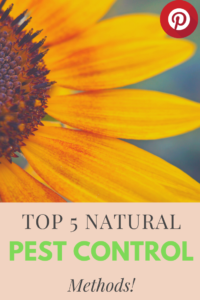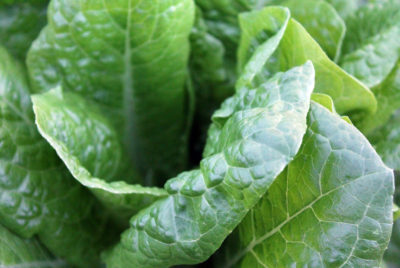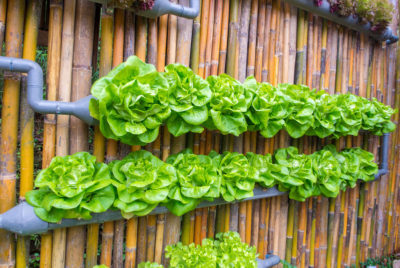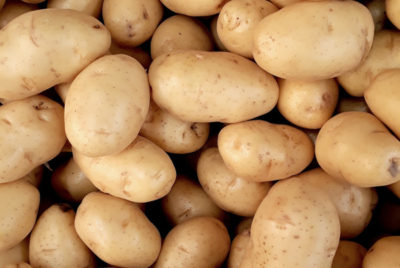Top 5 Natural Pest Control Methods
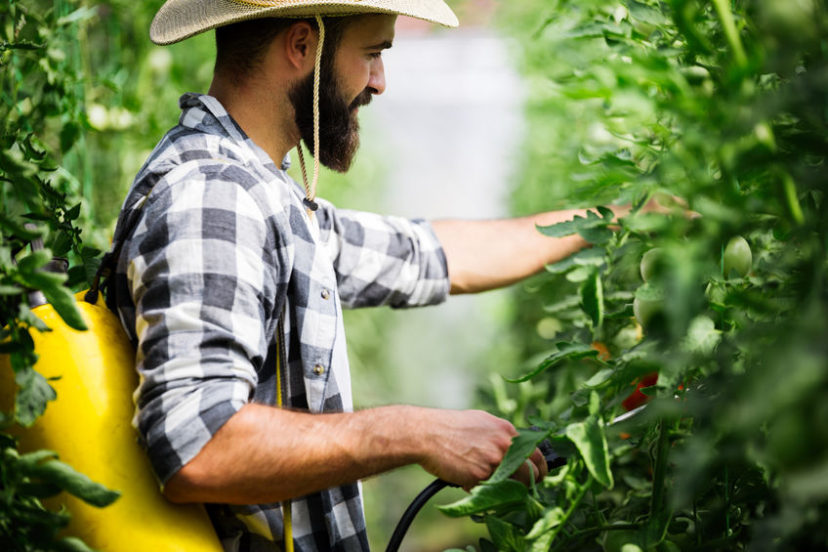
Looking for natural pest control options? We all know pesticides are poisonous and they are one of the top causes of pollution, specifically run-off pollution. These chemicals are believed to cause cancer, as well as other health problems when you ingest them. This leaves you with the question, “How do I keep my garden safe while not adding to the pollution?”
The answer to this question is quite simple, natural pest control using natural pesticides. A safer alternative compared to the chemical-filled counterparts, natural pesticides come with fewer side effects and aren’t toxic for consumption. There are some natural pesticides that don’t force you to put anything on your plants, such as crop rotation. If your primary goal for having a garden is to manage the food that goes into your body, you may consider using natural pesticides as an alternative. We have provided you with a list of the best natural pesticides and pest control methods on the market.
1. Neem Oil
Neem oil is derived from the seed of a tree known as Azadirachta Indica. This oil is known for its natural pesticide properties and has been for years. However, when using neem oil, you need to consider a few things. For starters, in higher doses, you can kill certain plants. The best way to get around this is to test the oil on a small scale. Using a small spot of each plant type in your garden, observe it’s reaction, and proceed accordingly. Something else that should be considered is the fact that this oil can, in fact, burn the plant in high dosages or in direct sunlight. The dosage directions, provided on the bottle, should always be applied appropriately. For the best results, do so in the evening when the sun is beginning to set. Need some neem oil? We recommend Organic Neem Bliss 100% Pure Cold Pressed Neem Seed Oil.
This is a natural pesticide that is generally viewed as non-toxic and safe for consumption in small doses. You can find out more by reading my article on neem oil
2. Diatomaceous Earth
Consisting of ground-up fossils, Diatomaceous Earth is applied around the plant. When insects travel across it, the substance will inflict several micro cuts on the insect. The insects will then die of dehydration. You can apply this method to the base of the plant, or you can mix it with water and spray the plant directly. Make sure you are rinsing your vegetables and fruits thoroughly, as you probably do NOT want to ingest it.
3. Horticultural Oil
There are the options of summer oil and dormant oil. You want to use one that has a vegetable base. If you still have trees that have leafage, summer oils are best. Dormant oils are ideal for times when you want to rid yourself of bugs that are lying dormant in the winter. Best applied when the leaves have finished falling from trees.
Like you would with neem oil, you want to spot test your plants with this oil prior to applying the recommended dose. Avoid applying in direct sunlight, and it is best to wait until it is evening time. Click here to buy Monterey Horticultural Oil options here
4. Handpicking – The Ultimate Natural Pest Control Method
A simple, albeit time-consuming method for pest control is handpicking the bugs off yourself. It is a zero chemical method that doesn’t have any risk towards your plants. For plants that aren’t as delicate, you could always use the shop-vac trick to suck up the bugs you find on your plants. It is a bit faster, but the force of the hose may be too much for certain plants.
5. Companion Planting
Companion planting is a risk-free method of insect control that is completely natural. It does involve some planning prior to the gardening season. You need to find plants that are protective of other plants. For example, good tomatoes benefit greatly from being grown next to basil. The reason being, basil has a tendency to drive off mosquitoes and flies. On the other hand, you want to avoid planting potatoes near your tomato plants. You risk the chance of rotting disease being spread to your tomatoes from the potatoes.
A Final Thought
Protecting your garden is important, but you do not need to shower it in harmful chemicals for it to be safe. Use one of the natural pest control options we have discussed.
Like this Article? Pin it to Pinterest!
